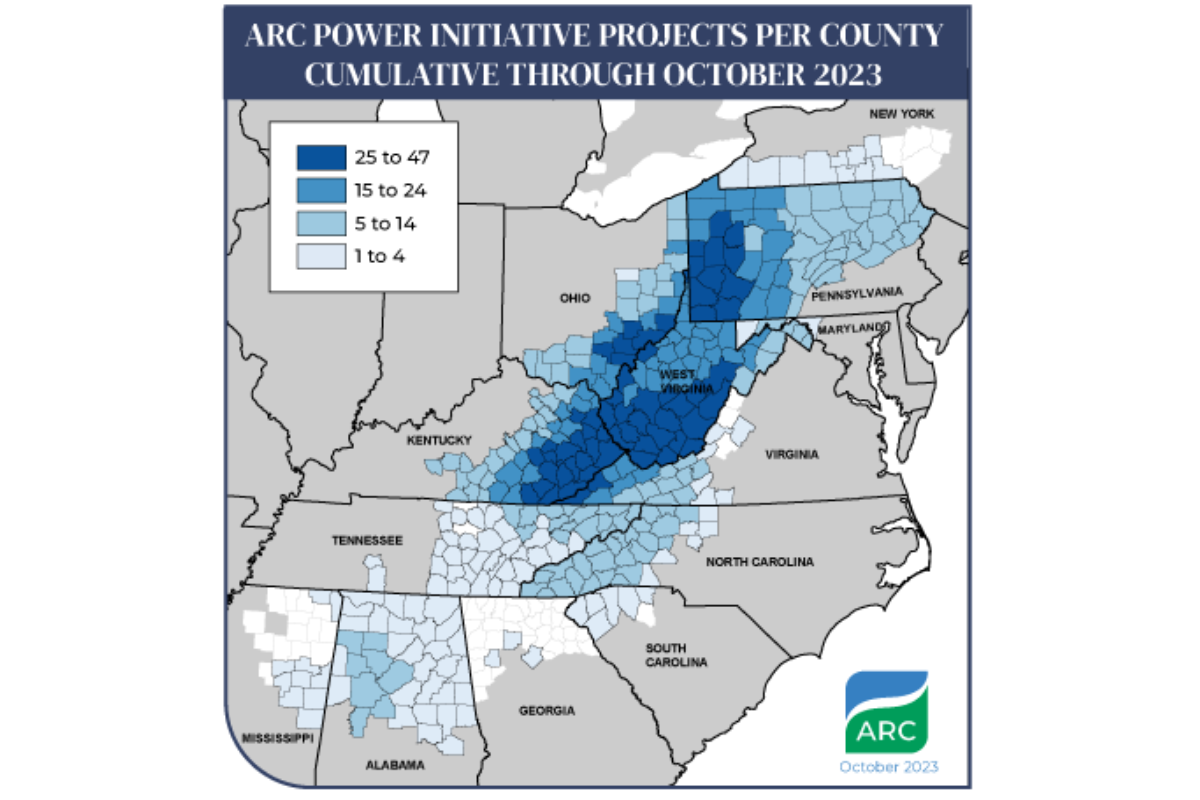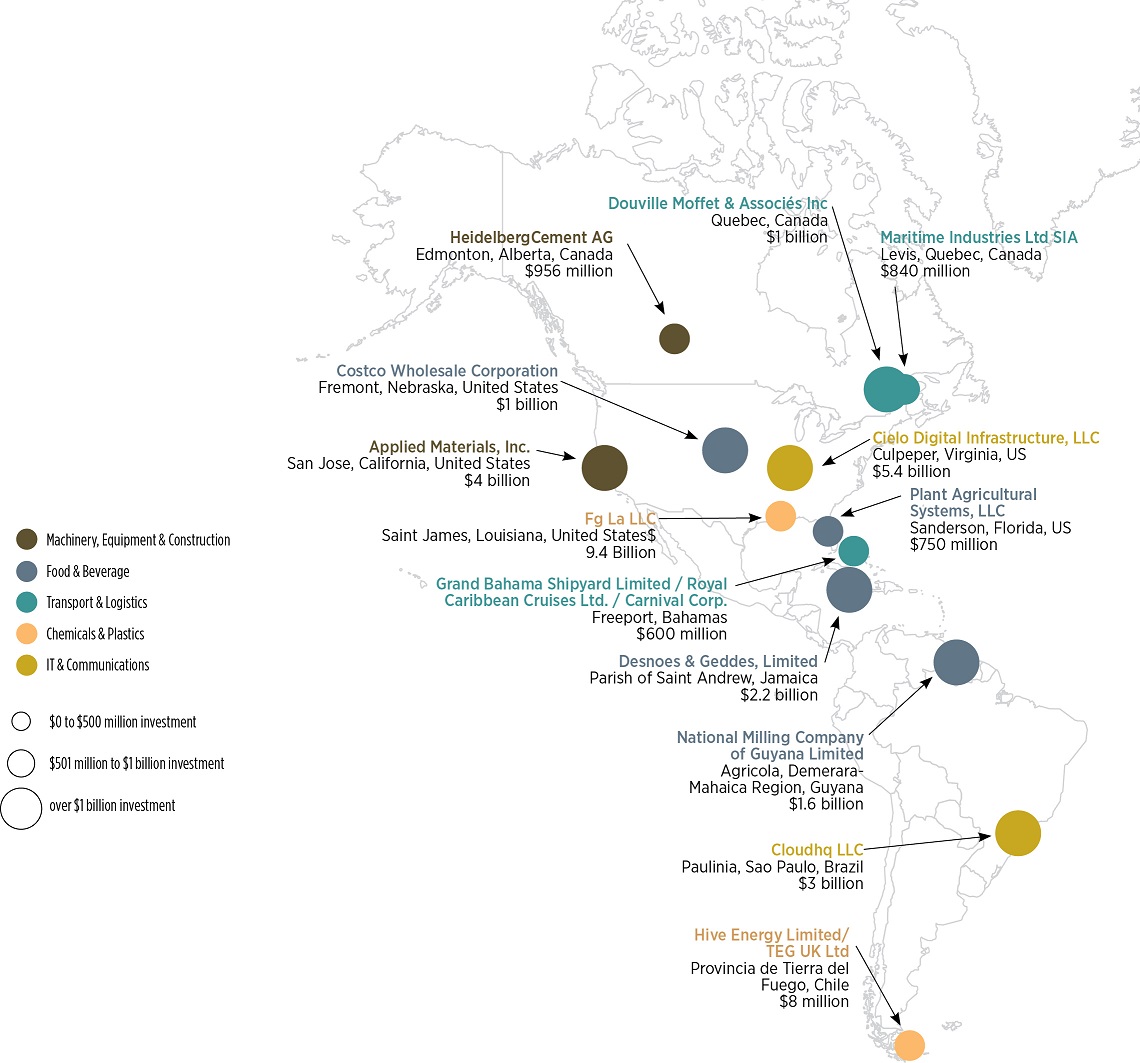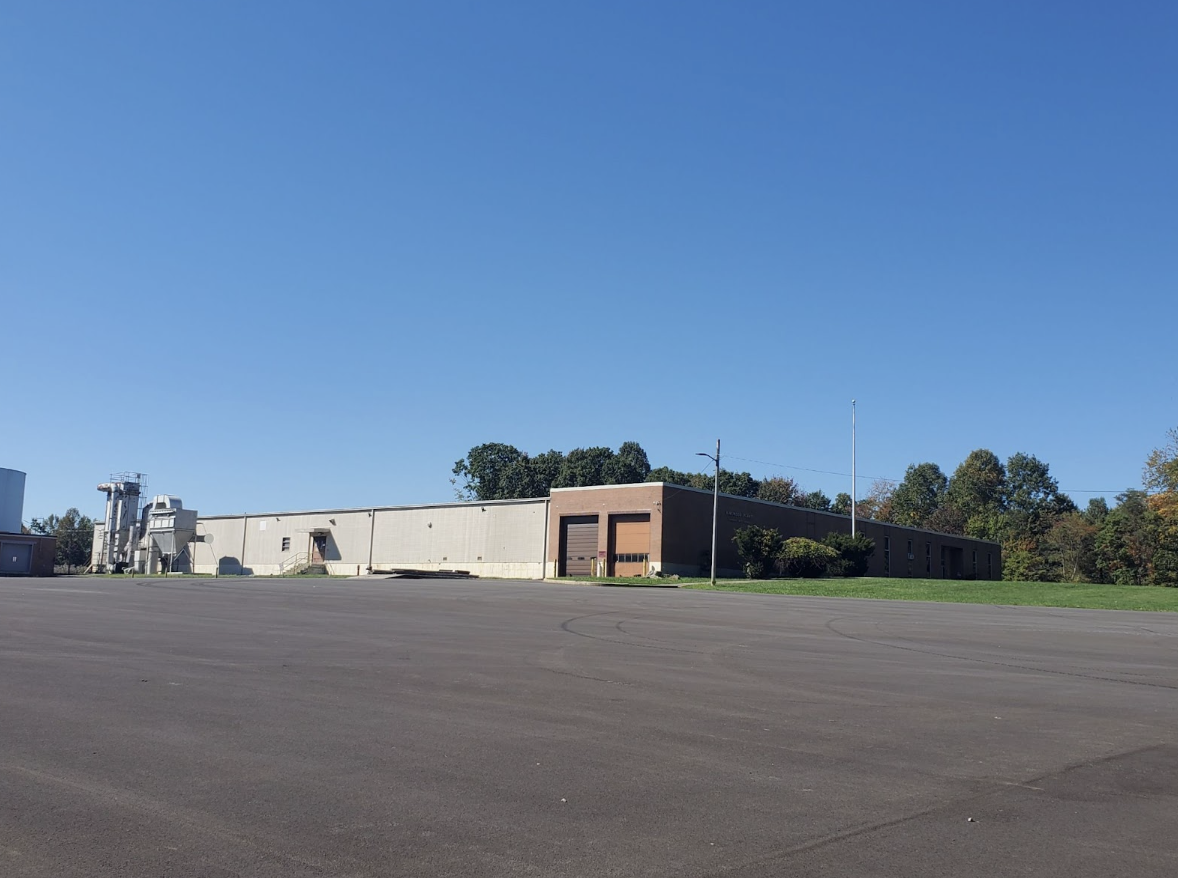ARC POWER Grant Awarded to Fairmont State University for STEM Workforce Growth

13 Mar 2024
We’re in an era where technology is constantly reshaping industries and regions around the globe are working hard to adapt and thrive. In Preston County and our surrounding communities, forward-thinking initiatives to nurture a STEM (science, technology, engineering, and mathematics) workforce are taking shape. And they’re also getting funding.
What is the ARC POWER Grant?
Each year, the Appalachian Regional Commission (ARC) uses Congressionally appropriated funds to create grant programs that invest in the Region’s community development. ARC directs these grants to organizations and initiatives that align with its strategic plan and yield measurable results.
The ARC Partnerships for Opportunity and Workforce and Economic Revitalization (POWER) grant targets federal resources to help communities and regions affected by job loss due to the changing energy production landscape, specifically in the coal industry. Since 2015, ARC has awarded nearly $422M in 507 projects that touched 365 counties in 12 states. The organization estimates that these investments will create or retain over 53,000 jobs, prepare over 142,000 workers and students for the changing workforce, and bring more than $1.8B into Appalachia’s economy.
A Partnership to Grow STEM
In October 2023, ARC committed $54 million to 64 projects in 217 counties across Appalachia – its largest awards package to date. One of the winners was Fairmont State University’s project “Exploring, Building, and Developing: Industry/Higher Ed Partnerships in West Virginia.” In partnership with Glenville State University, Barbour County Development Authority, and us here at Preston County Economic Development Authority (PCEDA), this project was awarded $34,604 to launch a series of roundtable discussions focused on growing and retaining STEM talent in the region.
To date, three of these discussions have brought together representatives from regional economic development authorities, STEM industries, and educational institutions to investigate collaborative work opportunities. Representatives from organizations like NASA’s IV&V program, Region IV Workforce Development Board, SeyberTech, and Braxton County Schools joined forces to identify roadblocks and potential solutions to improve the STEM pipeline.
“The first question we ask at these roundtables is ‘What’s the most difficult challenge your company faces?’ And the response has been, ‘We need to find people to work for us,’” said Dr. Robert Niichel, Associate Professor of Mathematics at Fairmont State University. “We’re finding that there is a breakdown in communication. Employers are saying they need talent, students are going through the STEM pipeline, but they’re not sticking around.”
And that’s what the project aims to address: strengthening the understanding and relationships among educational institutions and industry partners, identifying and tackling the economic development challenges unique to Appalachia, and creating partnerships that are both meaningful and sustainable. The next step is securing an implementation grant to develop a plan that not only addresses the immediate needs of the region, but incentivizes more outreach from area businesses. “Even though the payoff may take several years, we want to help the industry see the value in long-term investments in student education and resources,” said Dr. Niichel.
Partnerships Create Strong Communities
One of the stipulations of the ARC POWER grant is that it requires collaboration across different sectors, as it ensures greater sustainability than just one organization or person. The partnership between Fairmont State University, Glenville State University, Barbour County Development Authority, and PCEDA didn’t just secure grant funding. It created an opportunity for the region to respond to the rapid pace of change. These partnerships between for-profit and nonprofit organizations, educational institutions, and community organizations help create a clear path toward economic development, community empowerment, and resilience.
To learn more about the work we’re doing to expand the workforce in the region, visit our website. You can also learn more about ARC grants and grant winners here.
More Topics


Top Three Industries See Major Boost
Mar 4 2024




